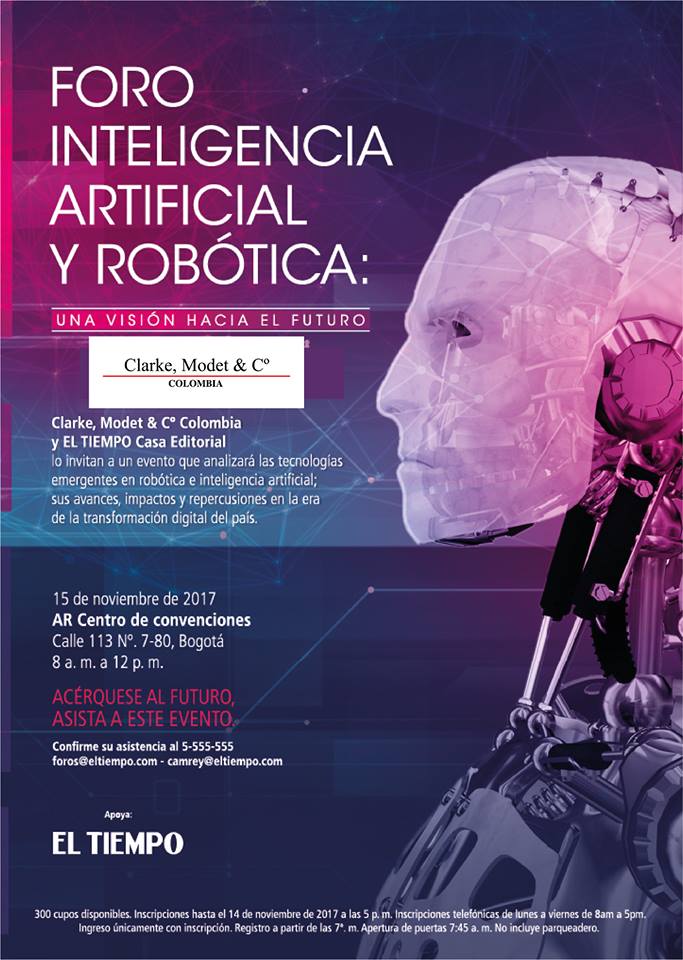Image source: https://www.flickr.com/photos/inggroup/25681989673
Artificial Intelligence (AI) is already a reality among us, and we can find it not only in robots, but in autonomous vehicles, cybersecurity applications, intelligent personal assistants, translators, retailer’s suggestions algorithms, video content or social media suggestions, among many other fields
A not-so-well-known field is the creative AI, which includes machines or computers able to create works that experts still debate whether they are art or not.
The next Rembrandt is a picture generated by a computer that studied hundreds of works of the Dutch painter Rembrandt to learn his painting style. The resulting picture is a portrait that would look like if it had been made by Rembrandt himself to the untrained eye.

The Next Rembrandt
Source: https://www.flickr.com/photos/inggroup/25681989673
On the other hand, there are Artificial Intelligences able to create music, such as Jukedeck. It only takes for a user to input a set of parameters on their website, such as a musical genre, a mood and the duration of the melody, and the AI is responsible for composing totally original, melodic music, and with a royalty-free use license.
The creation of these works leads us to the following questions: Who owns the copyright of the works? Should the creations of an Artificial Intelligence be considered art?
There are some countries where it is clearly defined who owns the copyright of these works, such as the United Kingdom. In this country, it is stipulated that the copyright belongs to the person who made the necessary arrangements to perform the work. Other countries that have adopted the same stance as the United Kingdom are New Zealand, Ireland and South Africa.
By contrast, we have countries such as Spain, Colombia, Brazil, Mexico or Australia, where the concept of copyright is linked to a person, which makes the protection by copyright of this type of works difficult.
Additionally, there are countries such as the USA, where there are conflicting stances and there is no clear legislation on the subject.
Finally, we ask ourselves if the creation of an Artificial Intelligence can even be considered art, since art is a depiction of a human feeling or emotion, which, by definition, Artificial Intelligences lack.
The legislations of each country have been clearly exceeded by the quick evolution of emerging technologies, and these must evolve so as not to slow down the advancement of these technologies and the economic and social development of humanity.
Will the time come when Artificial Intelligence equals or exceeds that of man?
Bogotá (Colombia) Event – 14.11.2017:








